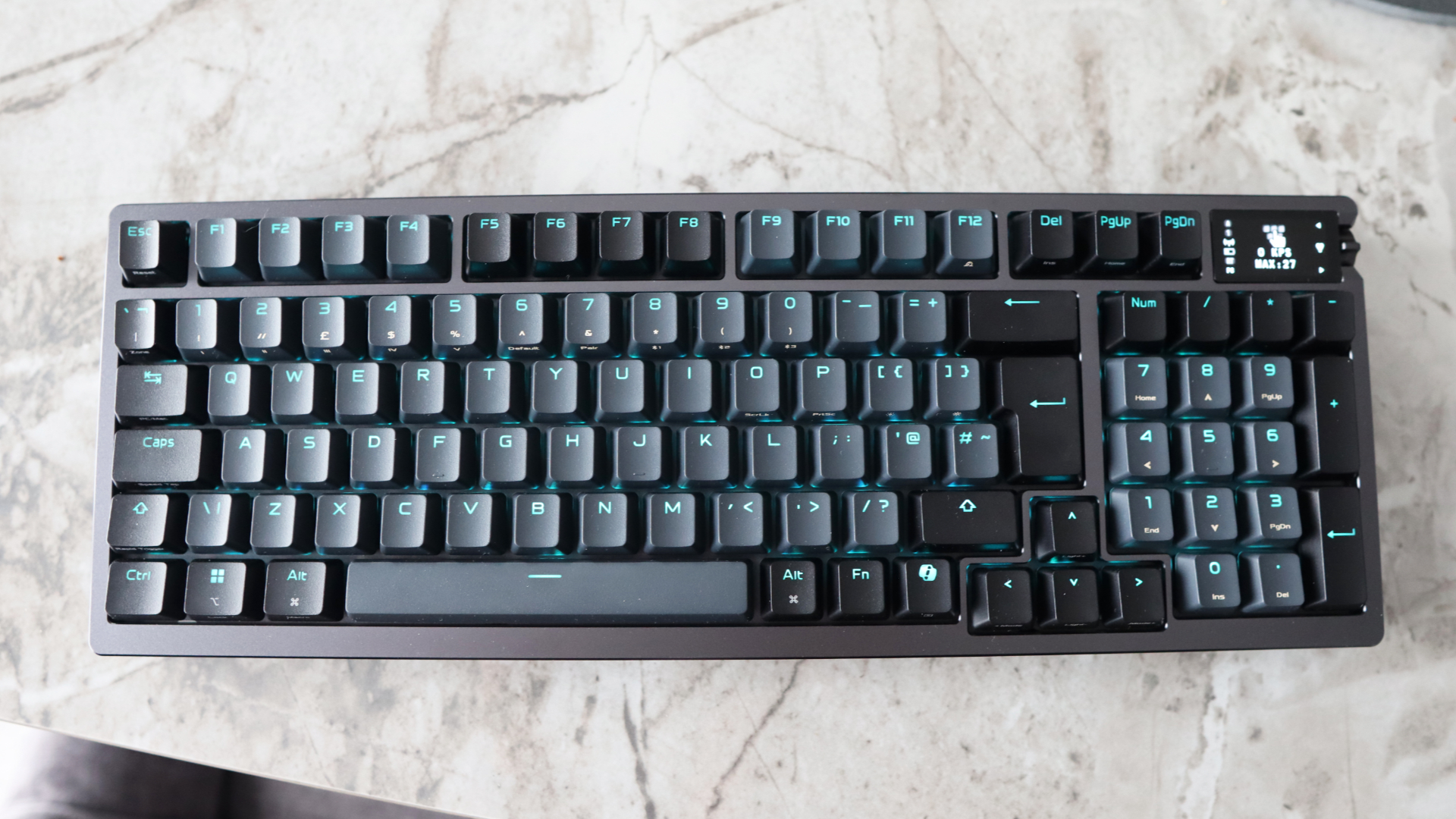With vapor-chamber cooling, ray-tracing, tensor cores and a high-refresh screen, the iPhone 17 Pro sounds like a premium gaming PC, but I'll stick with my trusty old Steam Deck, thanks
Is it just me or is a vapor chamber in an iPhone a bit silly?
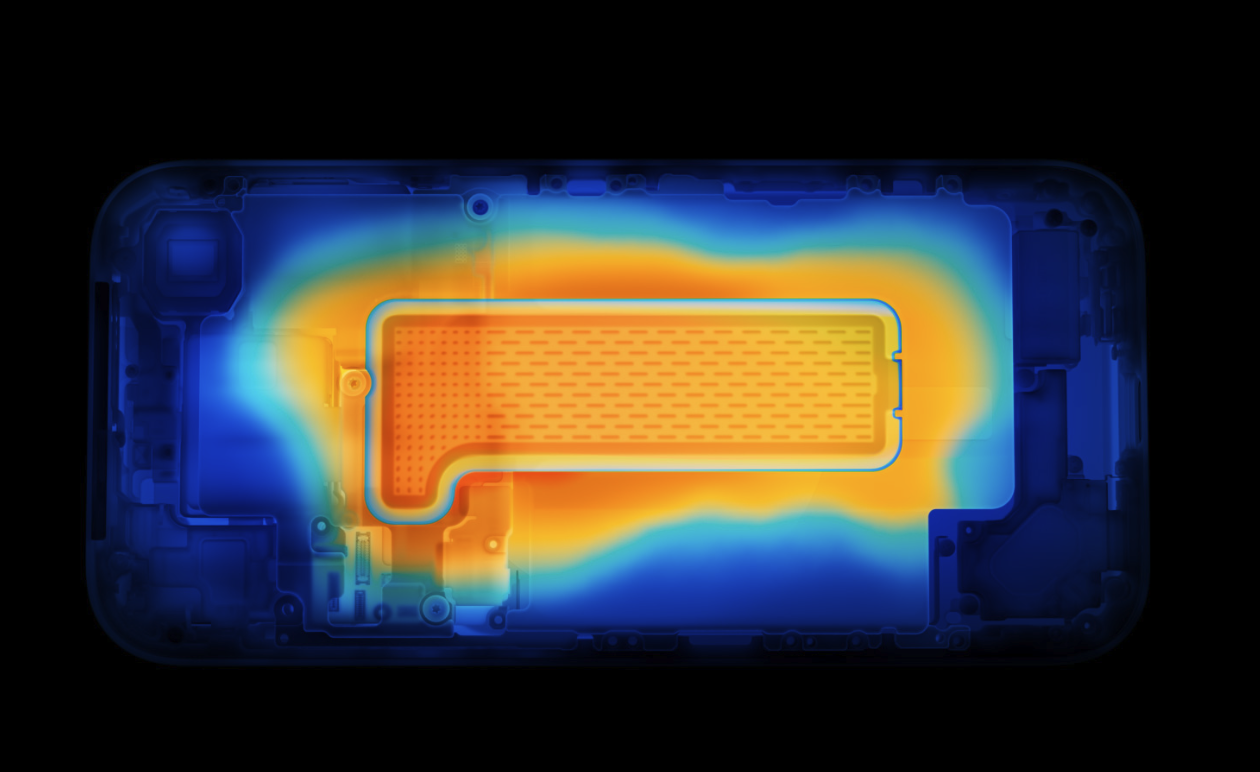
And lo, on the ninth day of the ninth month in the 2025th year, verily did Apple unveil the 17th coming of the hallowed iPhone. Yup, there's yet another iPhone out, the iPhone 17 Pro, and if the numbering scheme isn't flirting with satire, the extent to which Apple's latest iPhone resembles a gaming PC surely is.
Don't believe me? If I told you there was a new device selling for four figures with a high-Hz, adaptive refresh screen, backed by a sales pitch that name-checks "AAA gaming" and "hardware-accelerated ray tracing" and which introduces tensor cores to its newly upgraded GPU, what would you say it was?
Oh, hang on, it also sports vapor-chamber cooling for its CPU and GPU, the performance upgrades are kind of incremental this time around, but the price has still gone up. See what I mean? That's the pitch for a new gaming PC or laptop.
It's probably that new vapor-chamber cooling that's most eye catching. It's not a first for a smartphone, but when Apple sticks a technology into one of its devices, you know it's gone totally mainstream.
To quote Apple, "deionized water is sealed inside the vapor chamber, which is laser-welded into the aluminum chassis to move heat away from the powerful A19 Pro, allowing it to operate at even higher performance levels. The heat is carried into the forged aluminum unibody, where it is distributed evenly through the system, managing power and surface temperatures to deliver incredible performance while remaining comfortable to hold."
Also according to Apple, the vapor chamber allows the new A19 Pro chip to deliver 40% more sustained performance over the A18 Pro in the iPhone 16 series. Actually, that term "sustained" is crucial.
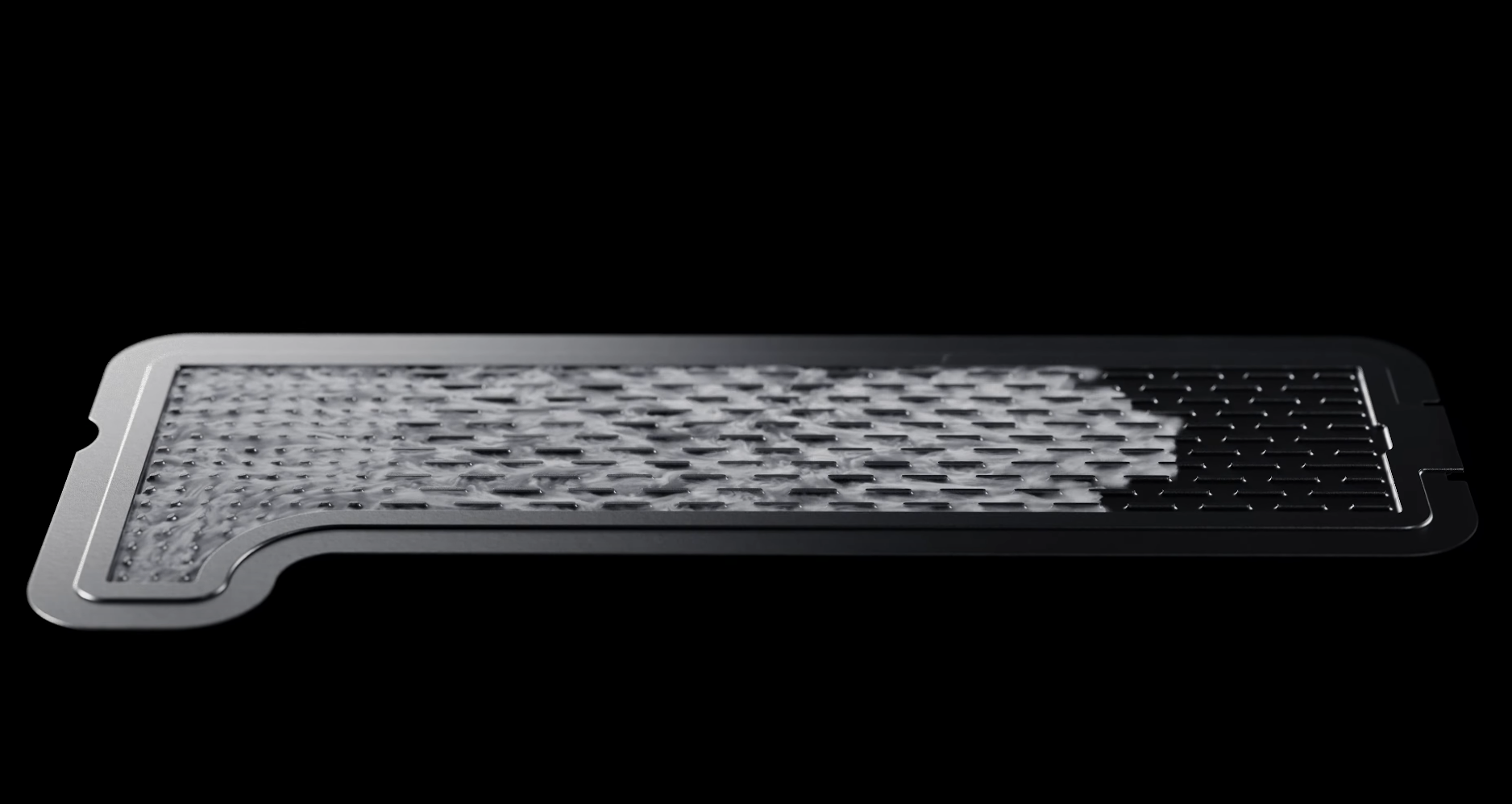
The A19 Pro looks like an incremental step at best over the A18 chip. That's probably because it's the third Apple smartphone chip to be built on TSMC's N3 node. In other words, it's not on the upcoming N2 node, so there's probably a limit to what Apple could do with the A19 Pro.
Keep up to date with the most important stories and the best deals, as picked by the PC Gamer team.
That kind of has me wondering if Apple will quietly drop the vapor chamber for the next next-gen iPhone assuming that it has an N2-based chip, but I digress. The point is that the incremental character of the A19 Pro chip is certainly redolent of Nvidia's latest RTX 50-series GPUs, like the RTX 5070, which are manufactured on only a slightly different derivation of the TSMC N5 node that the RTX 40 series was also based on.
Another Nvidia GPU parallel is the introduction of what Apple calls Neural Accelerators to the A19 Pro's GPU. They're equivalent hardware to the Tensor cores in an Nvidia GPU and especially notable when you consider that all iPhone chips since the A11 in 2017 and including the new A19 Pro also have a dedicated NPU or Neural Processing Unit.
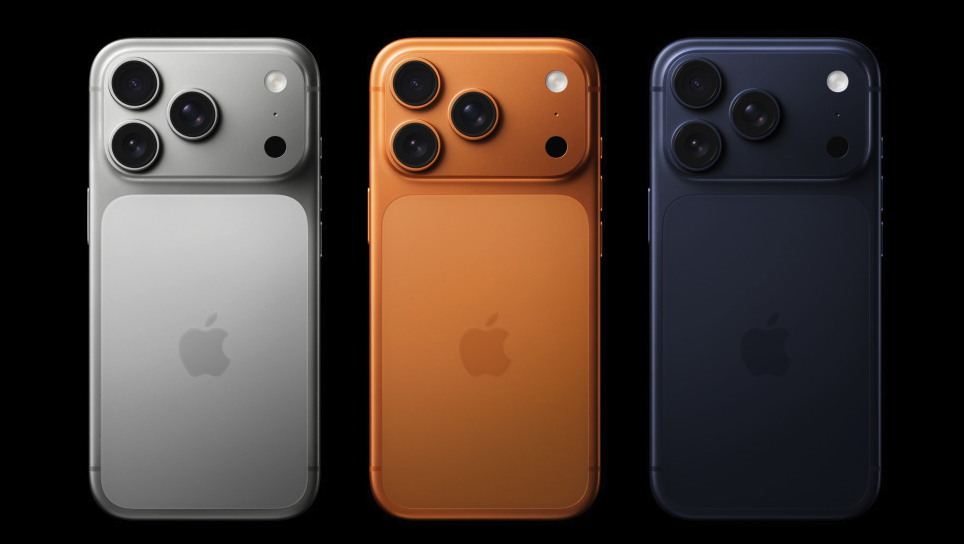
Apple doesn't actually get specific about what those "Neural Accelerators" will be used for as distinct from the NPU. But if Apple wanted to support, say, ML-enhanced upscaling, doing that on the GPU rather than NPU has clear advantages when it comes to things like frame-time and latency. Again, that's pretty reminiscent of a gaming PC.
Of course, the PC got there first with all this stuff, be it the vapor chamber, the high-refresh display or the AI GPU cores and support for ray-tracing. But, personally, I don't get most of it on a smartphone.
The 120 Hz display is nice enough and will make the phone feel responsive. But ray tracing and a vapor chamber? Gaming on such a small device is never going to be about high-end visuals. I'd far rather have a bit less performance and a lot more battery life. Does an iPhone really need or benefit from that kind of extreme cooling?
In that regard and many others, too, the more apt comparison is obviously the Steam Deck as opposed to a desktop rig. The Deck, too, isn't about the very latest features or the last word in ray tracing. Actually, the Deck doesn't have vapor chamber cooling. And the iPhone probably shouldn't, either.
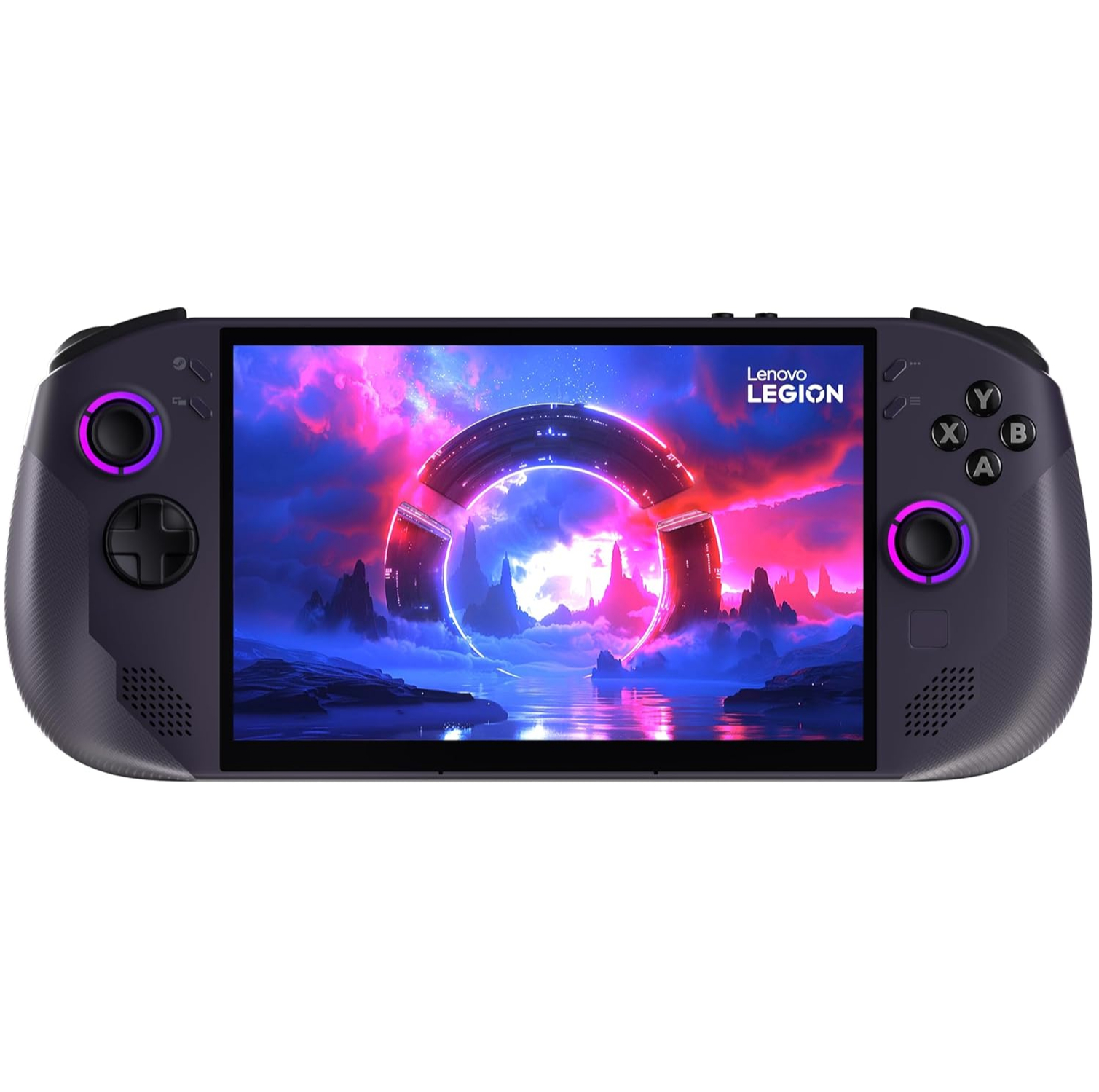
1. Best overall:
Lenovo Legion Go S SteamOS ed.
2. Best budget:
Steam Deck
3. Best Windows:
MSI Claw 8 AI+
4. Best big screen:
Lenovo Legion Go
5. Best compact:
Ayaneo Flip DS

Jeremy has been writing about technology and PCs since the 90nm Netburst era (Google it!) and enjoys nothing more than a serious dissertation on the finer points of monitor input lag and overshoot followed by a forensic examination of advanced lithography. Or maybe he just likes machines that go “ping!” He also has a thing for tennis and cars.
You must confirm your public display name before commenting
Please logout and then login again, you will then be prompted to enter your display name.

